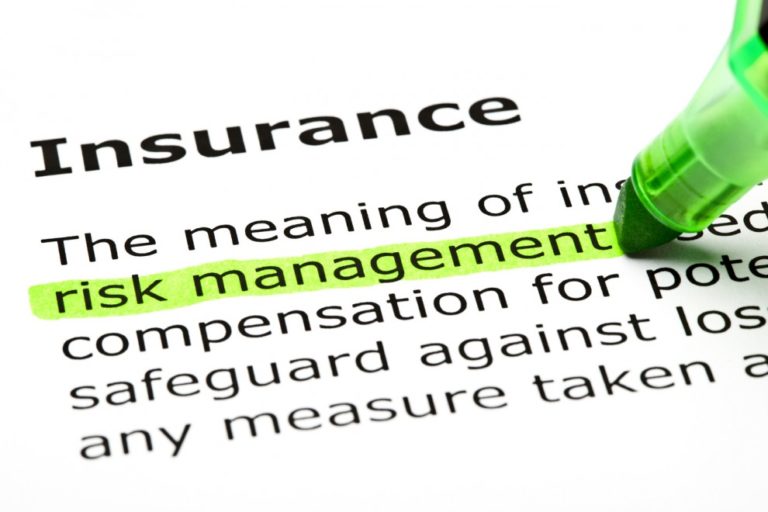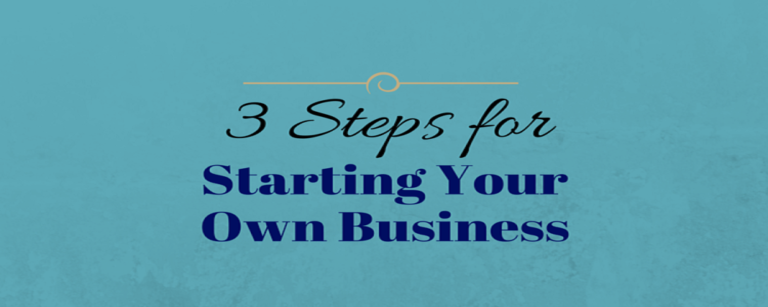10 Best question to ask when buying a business
When you buy a business, there are many questions that you should be asking. By being aware of these questions, you can make an informed decision about whether or not this is the right time to buy and how much to spend on it. This article will share some of our favourite questions that we find helpful when purchasing businesses.
Who are the customers?
The first step in buying a business is to find out who the customers are. You need to know what they want, why they buy from you and how you can improve your relationship with them.
It would help if you asked questions about the following:
- Why do they buy from you?
- How do they find out about your products or services?
- How often do you sell them something already?
- What makes this product/service so unique that other people would want it too (or at least try something similar)?
Who is the competition?
- Who is the competition?
- How do they market?
- What’s their pricing strategy?
- How are they growing their business? (For example, if you’re purchasing a company with a cult-like following and no online presence, it may be worth asking about this.)
- What types of customers does your competitor serve, and how does it attract them to retain existing customers or acquire new ones? You should also ask if any other competitors in your area might threaten your new business’s success before committing yourself financially.
What’s the technology?
The technology of your business can be a competitive advantage for you. It’s important to know what technologies are available and how they work so that you can make the most of them.
Technology can help you grow your business:
- Improve customer service by allowing customers to contact you via email or telephone (see images of the products).
- Save money on printing costs using digital instead of traditional methods such as offset lithography or gravure printing.
How strong is the supply chain?
It would help if you also asked how strong the supply chain is. What are its strengths and weaknesses? How long is it? What are the key suppliers’ relationships with the business, and if they have a strong relationship with each other, that might be worth investigating further? Are there any suppliers that have a strong relationship with your business, but you don’t know much about them yet (maybe from previous purchases or other reasons)?
What will it cost to make this business work?
The first question you must ask yourself is, “How much does it cost to make this business work?”
You’ll want to know how much money will be needed for labour, materials and equipment as well as repairs or maintenance. If the answer isn’t clear enough in your mind yet, then try asking: “How do I calculate the monthly profit margin?” This should give you an idea of what expenses will be involved before moving forward with any purchase transaction.
What are the tax implications of owning this business?
One of the most important things to consider when buying a business is its tax implications. Many people ask about taxes on income, capital gains and estate taxes; however, many other types of taxes may apply to your purchase.
Taxes on business assets include inventory and equipment (like computers), which you can use in your operation or sell off as part of an acquisition strategy. Both buyer and seller must pay taxes on the sale of a business; however, if one person owns more than 50%, then they will only need to pay half their share back into government coffers after closing costs have been paid out at closing time (usually 30 days). Finally, there are some special rules regarding how much money can be made from selling a company versus being hired as an independent contractor by another party: For example, if someone buys $100k worth of stock and then sells it for $140k within three months after purchasing them then they’ll only owe 15% tax since it wasn’t sold outright but rather through cash-equivalency transactions–meaning instead selling everything outright like buying groceries today instead paying monthly instalments over time until all debts are paid off completely!
How do I develop a marketing plan?
- What is the purpose of a marketing plan?
- What are the different parts of a marketing plan?
- What are some examples of questions to ask when developing a marketing plan?
What’s my exit strategy?
This question is a great place to ask about your exit strategy. You can also ask what the company’s goals are and whether they align with yours. If they don’t, consider whether it’s worth staying with them or looking elsewhere.
If you want to sell the business quickly and make as much money as possible, then this is where you should do most of your research on potential buyers (and find out if there are any). You should also prepare for how much time it may take before closing on an offer—months or even years!
This question will help determine how much money you need for yourself and family members who might want part ownership in this business opportunity!
What are some of the potential pitfalls in buying this business?
When buying a business, it’s essential to understand what the risks are and how you can mitigate them. This is especially true if you’re buying a company that hasn’t been around for long. In some cases, the founders may be in their early 20s and don’t have much experience running their own company—so there may be some growing pains that come with taking over day-to-day operations.
There are also potential pitfalls when it comes to managing your new company:
- You could lose money if things go wrong financially or if there are unforeseen expenses (like unexpected repairs).
- You could get sued by disgruntled customers who were unhappy with their experience at your business.
Has anything changed recently (or will it change soon) that could affect the value of this business?
One of the best questions to ask when buying a business is, “has anything changed recently (or will it change soon) that could affect the value of this business?” This question can be used for both physical and intellectual property. For example, if you’re buying a bakery and there’s been an outbreak of food poisoning at your local grocery store, that might affect your decision to accept or not. However, suppose you’re buying an accounting firm with a new CFO coming onboard in six months, and they will implement some new software systems that will make them more efficient but require upgrades on all computers within two years. In that case, this may also change how much money you would want to invest into acquiring their services and what kind of payment structure/time frame would work best for both parties involved!
Knowing what to ask before you buy a business can help you make a better decision.
To make a good decision, you need to know as much about your potential purchase as possible. The more information you have and can use in making your decision, your company will be better off. Here are some questions that may help:
- What is the business model? How does it make money? What are its competitors like?
- What’s the quality of service like at this location (especially if it’s not paying employees well)? Do they have any problems with turnover or absenteeism because of low pay or long hours required by customers/clients who are loyalists from previous experiences before moving onto other locations within their industry?
- Can I see all invoices for last year’s sales figures so far…and then get back to me on whether those numbers seem reasonable enough given what I’ve seen thus far when comparing them against similar businesses’ performance over time – but especially during times when economic conditions weren’t quite so favourable after recessionary periods such as 2008-09 when many companies experienced significant losses due primarily due factors such as rising oil prices resulting from conflict resolution between countries’ leaders regarding energy usage habits; which ultimately caused consumer confidence levels hurt significantly resulting into lower purchasing power overall causing businesses around us worldwide suffer financially including ours here locally through layoffs caused directly due being unable to meet payroll obligations which led employees losing jobs unexpectedly suddenly without warning leaving us scrambling frantically trying desperately trying to find new ones quickly enough
Conclusion
Knowing what to ask before you buy a business can help you make a better decision. You might be surprised by what turns out to be the most crucial question: “Why am I buying this business?” It isn’t worth pursuing if there’s no real reason behind your interest in an organization. On the other hand, if your answer falls into one of these categories—you have experience in running similar operations; you know how to create value with technology; or even just that you like people—there might be something worth looking at. You might also want to ask how current management is doing and how long they plan to stay. If the business has been around for a while, likely, whoever owns it now isn’t planning on leaving anytime soon—which could be a good thing if you’re not looking for a quick exit strategy.







